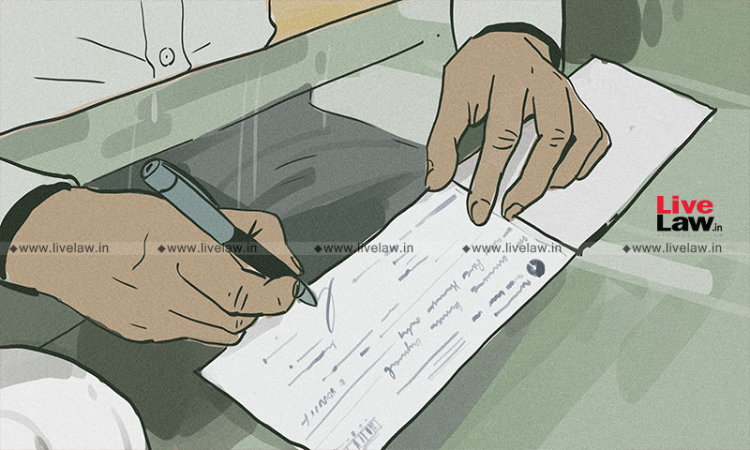Court Has Discretion To Drop NI Act Proceedings Sans Complainant’s Consent If Accused Offers Fair Amount as Compensation: Allahabad HC
Sparsh Upadhyay
29 May 2023 4:17 PM IST

Next Story
29 May 2023 4:17 PM IST
The Allahabad High Court has observed that a Magistrate can drop proceedings against an accused under the Negotiable Instruments Act if he offers a fair and acceptable amount, which, in the opinion of the court is appropriate for duly compensating the complainant. The bench of Justice Jyotsna Sharma observed thus while referring to the Supreme Court’s 2017 ruling in the case...
